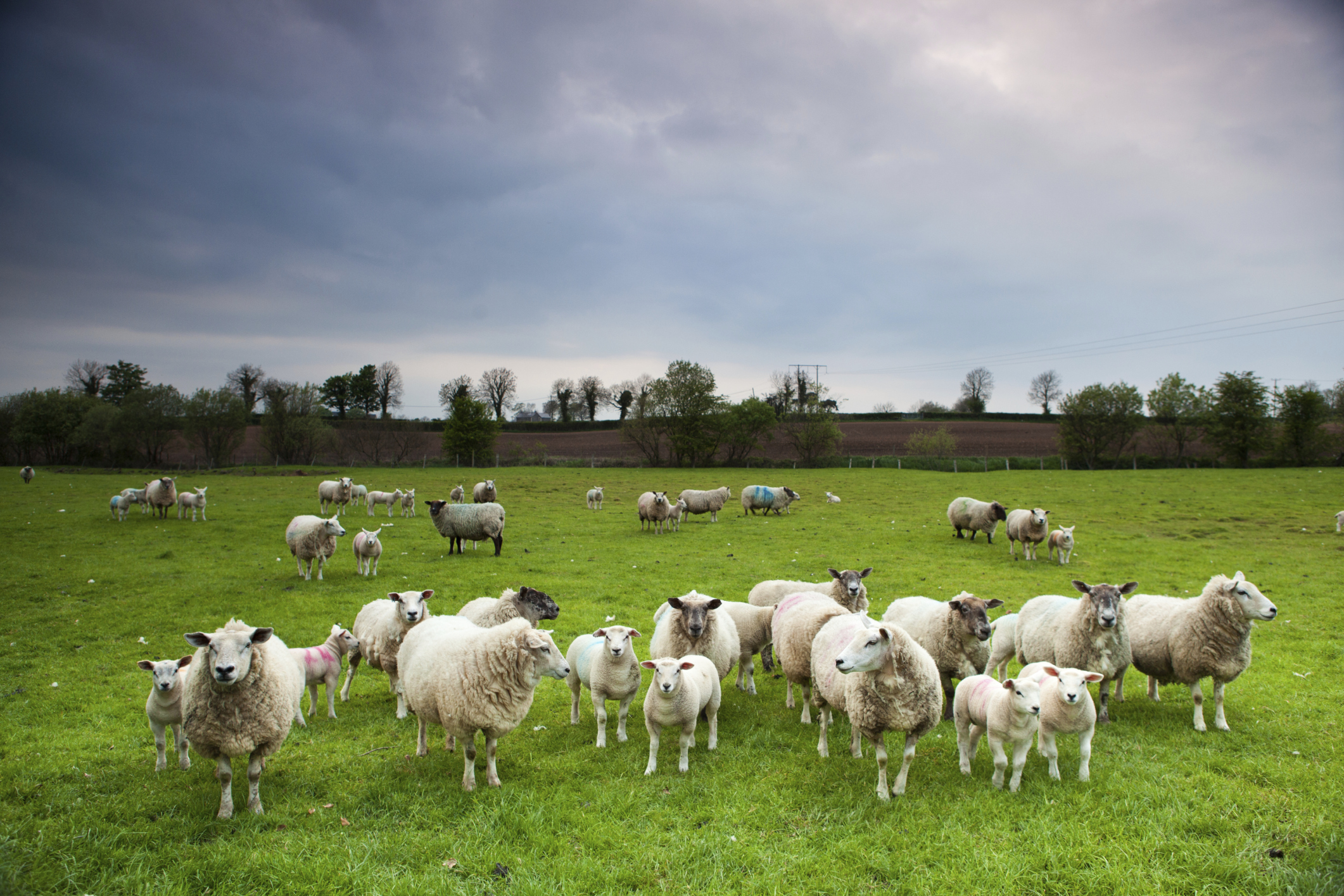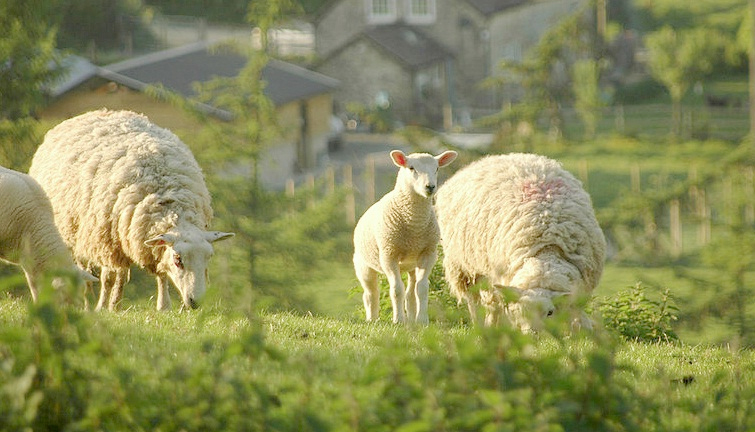
An 'EU Sheep Reflections Forum' has delivered results in Brussels this week to help give producers throughout the continent a more viable future.
The farming sector believe it is important to improve EU sheep producers incomes, which throughout the past year have been very low.
Sheep play an important environmental role with 70% of areas facing natural handicaps grazed by sheep in the EU.
The sector also plays a vital role in boosting the economies of rural areas and providing growth and jobs where often no alternative jobs exist.
The recommendations put forward by the Chairman of the Forum, John Bryan, are timely given the challenges that the sector is facing, but also in view of the opportunities which lie ahead.
'Young people need to be attracted into the sector'
Speaking after the meeting, EU agri-cooperative Copa & Cogeca said: “Sheep producers need a sustainable income, increased market transparency and price reporting.

“Young people need to be attracted into the sector, including through increased support via targeted measures in the EU Rural Development Programme.
“We are confident that many of the solutions proposed today – including promotion measures, strong EU support, market transparency, combating unfair trading practices in the food chain, etc - will help to achieve these objectives.
“The sheep dashboard is welcome news but it needs to be complemented by adding sheep to the Meat Market Observatory.
“We think that a key way to boost consumption is also to make it attractive to consumers in particular young people and to develop new innovative products and easy to cook receipes.
“We need measures that help to provide a quality consistent product. Lamb is a very important source of minerals and vitamins like B6 and B12 in a consumers diet and they need to be aware of this."
The Forum was set up on the initiative of EU Farm Commissioner Phil Hogan. Four meetings have been held with intensive discussions between the EU Commission and key stakeholders.
Upland sheep farming 'comes under threat from many quarters'
Sheep farming in UK upland and hill areas provides a wide range of public goods and services, from food production and environmental stewardship to landscape management and cultural heritage.
Phil Stocker, NSA Chief Executive, explains: "This sector, that is so traditional yet still acts as a cornerstone of much of the modern UK sheep industry, continues to come under threat from many quarters.
"Much of this is due to misguided policy direction and a lack of understanding of the many ‘by products’ of upland sheep farming.
"These public goods go beyond its core agricultural outputs of food and wool; they include its foundation of fragile rural economies and communities, its creation and maintenance of landscapes and environments, and its contribution to tradition and heritage.
"All of this adds to our ecosystems and our sense of enjoyment and wellbeing, yet is rarely recognised or valued.
"Our aim is to convince decision makers of the unique contribution upland sheep farming provides and also to set some challenges to the industry itself by offering a strategic direction that should safeguard its future."
